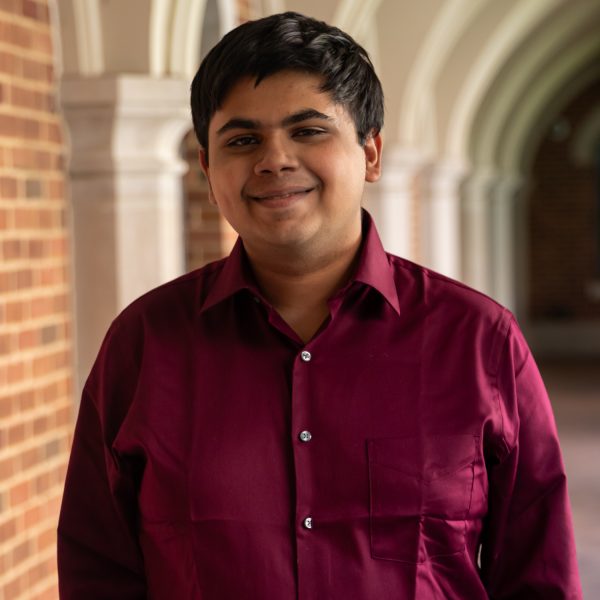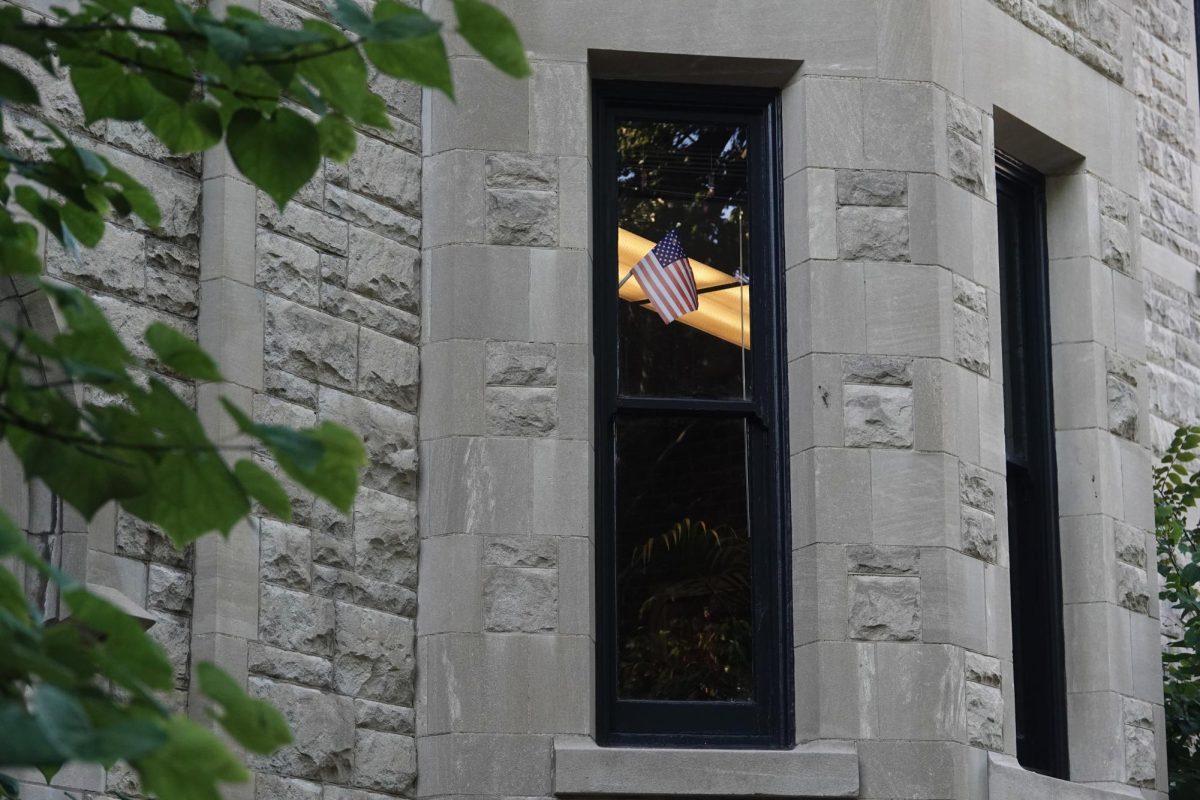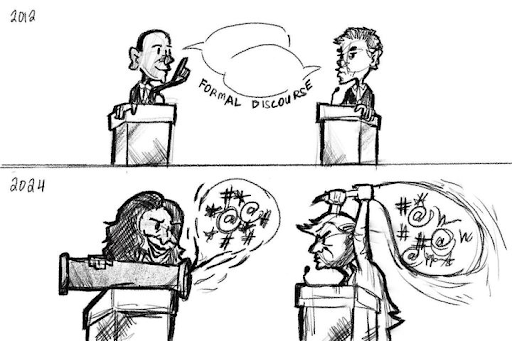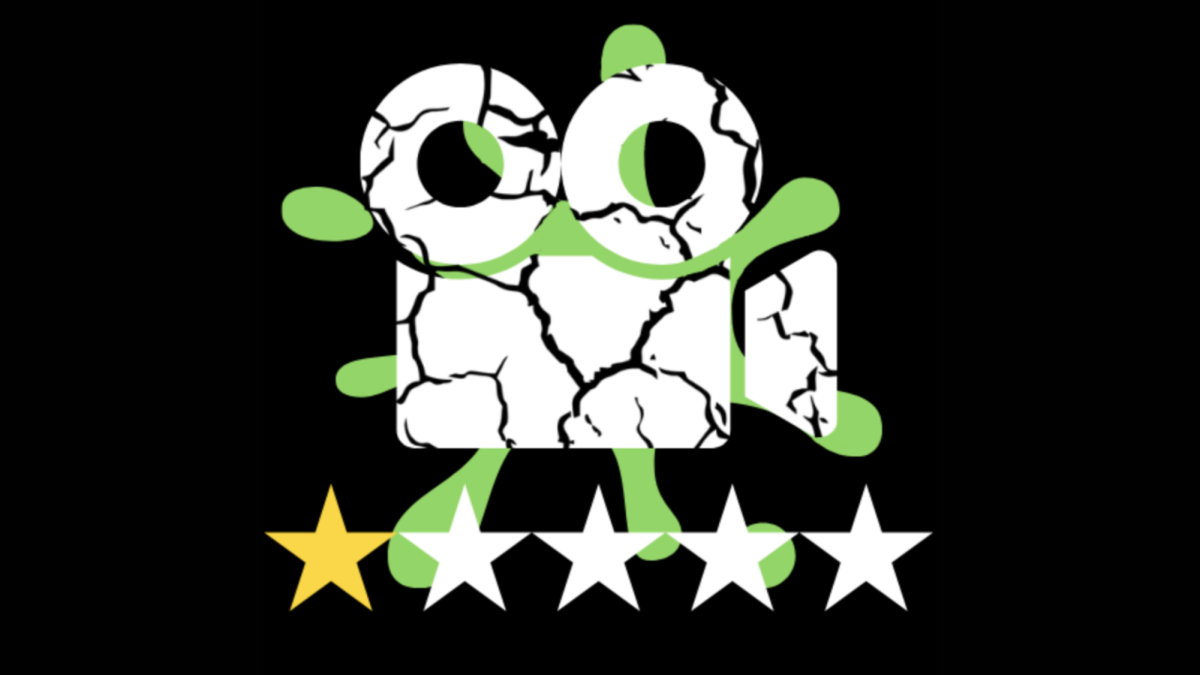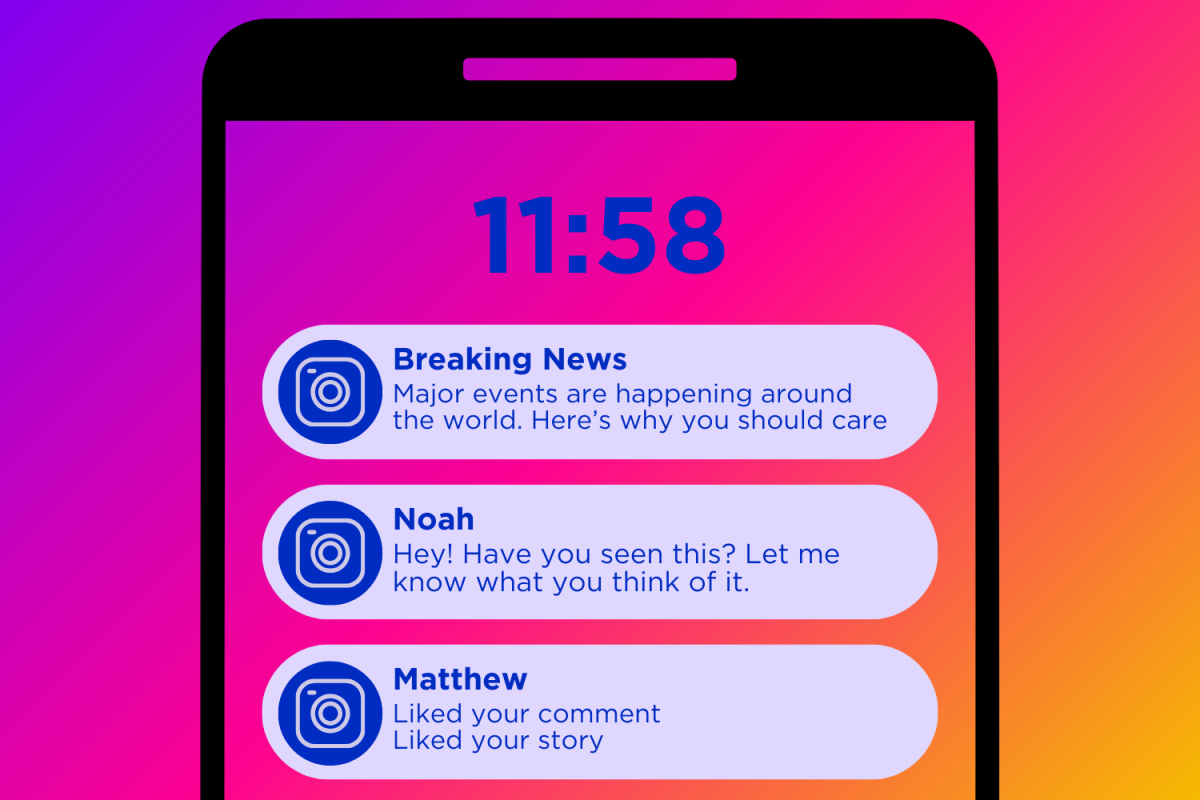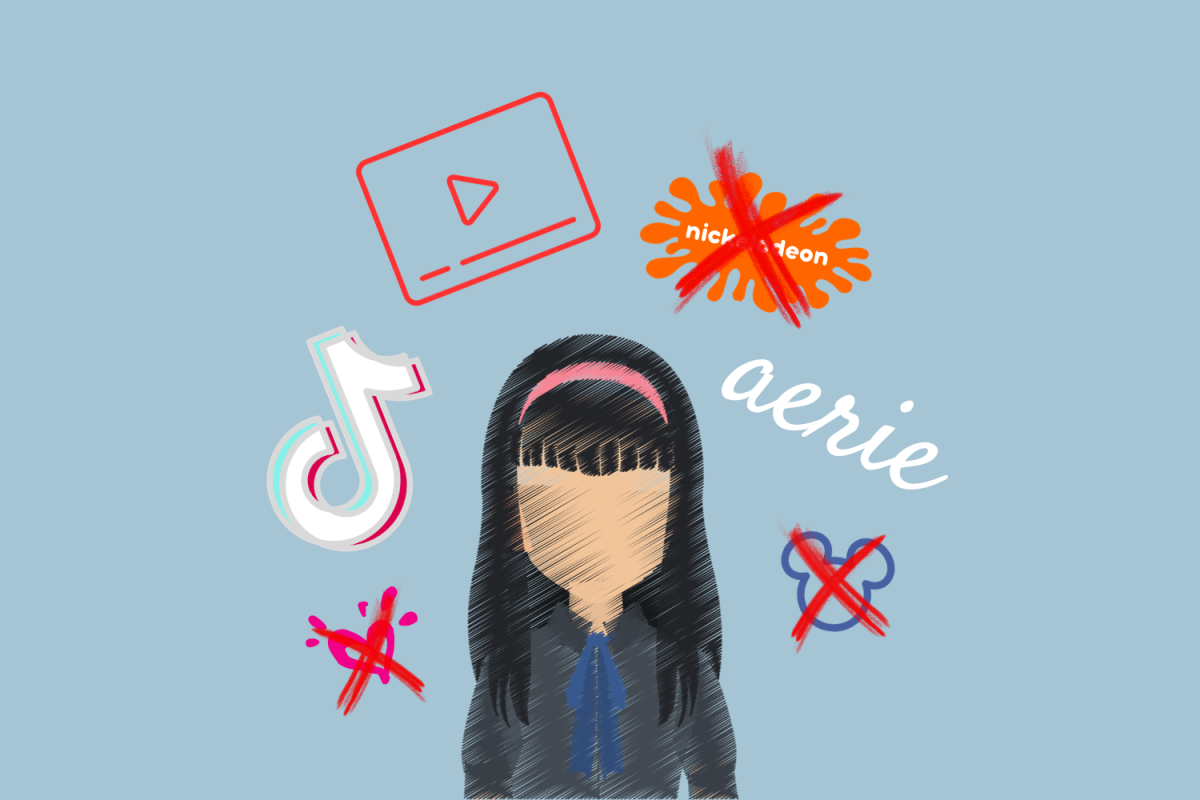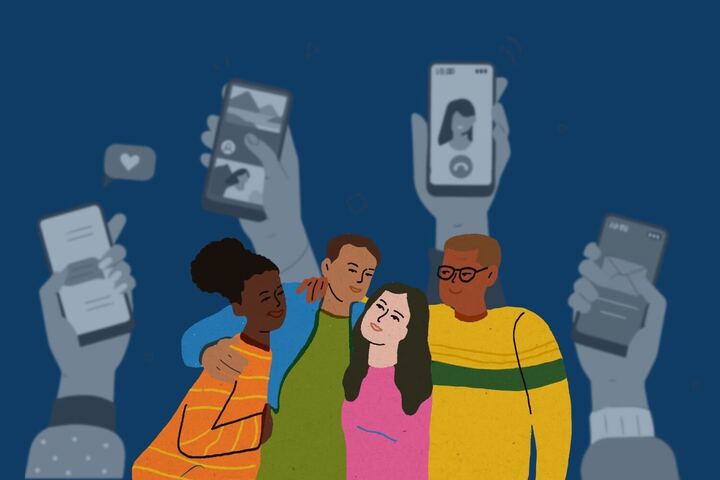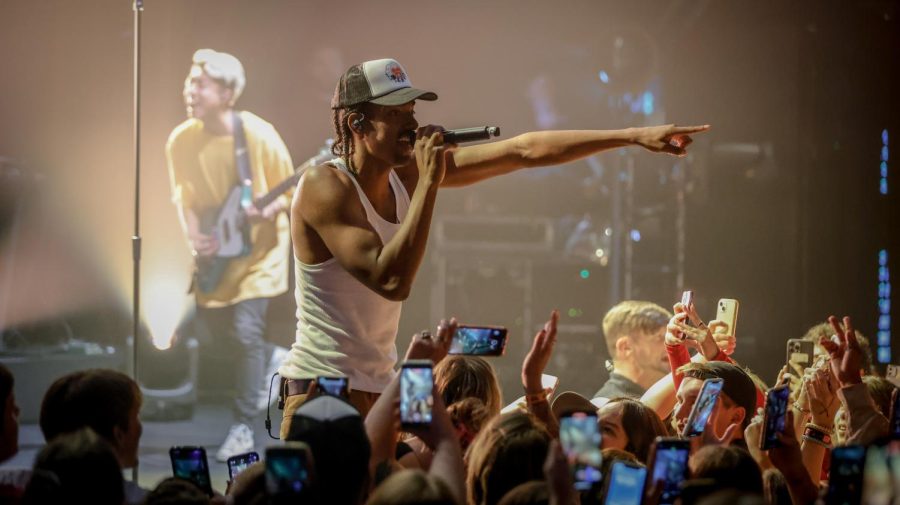The university hosted a public debate exhibition on Feb. 3 between Vanderbilt and the University of Mississippi on whether “universities should ban the use of TikTok on university-provided devices and internet networks.” In the past few months, state-level executive orders banned TikTok on any government-owned network in their states, including Tennessee and Mississippi, leading several public universities to ban the app.
Each team was randomly assigned to a side, and Vanderbilt students debated as the Proposition — supporting the ban — while Ole Miss debated as the Opposition — opposing the ban. Each team was composed of two members. Junior Sojourner Rouco-Crenshaw and sophomore Ainsley Gill represented Vanderbilt, while Spencer Heitman and Katherine Broten represented Ole Miss.
Debate
Rouco-Crenshaw and Gill began by arguing that TikTok is a cybersecurity threat because China may have access to all of its users’ data.
“The parent company of TikTok is based in China, where national security laws can compel foreign and domestic firms operating within the countries to share their data with the government,” Rouco-Crenshaw said. “As such, there are concerns about Chinese government officials using this broad authority to gather sensitive intellectual property, proprietary commercial secrets and private data.”
Rouco-Crenshaw further discussed how data breaches in universities have far-reaching consequences.
“Universities allowing TikTok [on their networks] pass the security risks onto their major partners, putting those partnerships at risk. Most significantly, this includes contracts with the U.S. military Department of Justice and the National Institute of Health,” Rouco-Crenshaw said.
Vanderbilt debaters also argued that TikTok can harm students’ mental health and well-being, while Ole Miss students argued that TikTok is beneficial to connectivity and raising awareness, citing social justice activism on the app.
“TikTok empowers students to confront challenging issues on college campuses,” Broten said. “It allows creators to concisely and impactfully illustrate social justice issues on campus in a way that text-based platforms just can’t.”
Broten also said TikTok helps the democratization of health by allowing people access to more medical information than they may receive otherwise.
“TikTok provides students with a megaphone that is unprecedented in human history,” Broten said. “Vanderbilt’s proposal freezes millions of students at American universities out of these conversations. The net result would be student bodies that are less connected [and] less engaged.”
Gill added that TikTok can lead to people intaking misinformation about mental health treatments.
“People actually have more access to medical misinformation in their world due to the brand sponsorships that TikTok accepts,” Gill said. “The platform does nothing to filter out misinformation and even pushes misinformation when it’s sponsored.”
Heitman stated that TikTok does not pose a significant strain on mental health, as Vanderbilt debaters suggested.
“If you were to survey college students about what their universities could do to improve their mental and physical health, you might hear answers about expanding access to resources or lessening the burdensome workloads placed on students,” Hetiman said. “You would not hear anybody suggest [banning] TikTok, and that is no coincidence.”
Debaters from Ole Miss also argued that TikTok has a much wider audience and greater engagement than other social media outlets, making it a more viable platform for change.
“Equal outcomes require equal audiences and engagement. TikTok’s engagement rate is six times greater than that of Instagram Reels, so it provides greater capacity for positive outcomes on magnitude alone,” Heitman said.
Q&A
During the Q&A portion of the event, one audience member brought up how the University of Mississippi banned the use of TikTok on university networks and devices on Jan. 31. Broten said that the ban does not solve the issues the Vanderbilt team brought up during the debate because students will find ways of using the app regardless of the ban.
“The reaction [of students] has been a little bit lackluster. People are pretty willing to just wait until they go off campus to watch TikTok or just watch it on data,” Broten said.
Senior Pouya Mehr attended the event and said the arguments made by both sides made him re-think his own position on the issue.
“I learned a lot about both sides,” Mehr said. “It was great because it helped me compare their positions to my own, and it re-evaluates my opinion about this issue, as well.”
Senior Ava Minarovic said that although the arguments made at the event will not affect her position on the debate and usage of TikTok, she now understands why some people want to ban the app.
“I came with the idea that I’m going to be on the side of we should be able to use TikTok, but I do think the Vanderbilt team made a lot of good comments,” Minarovic said. “At the end of it, I don’t know if I’ve changed my mind, but it made me not as harshly against the idea of banning [TikTok].”




